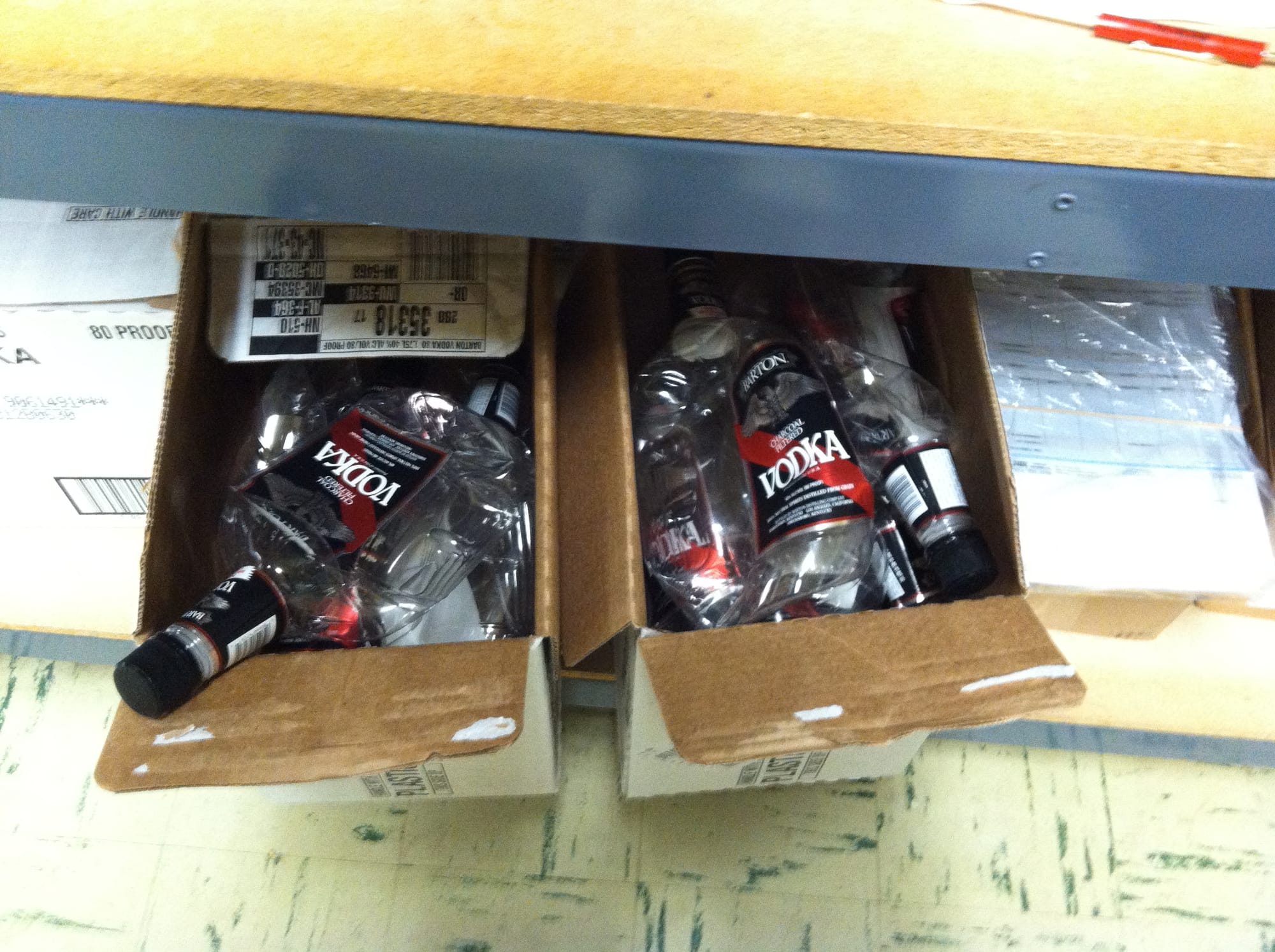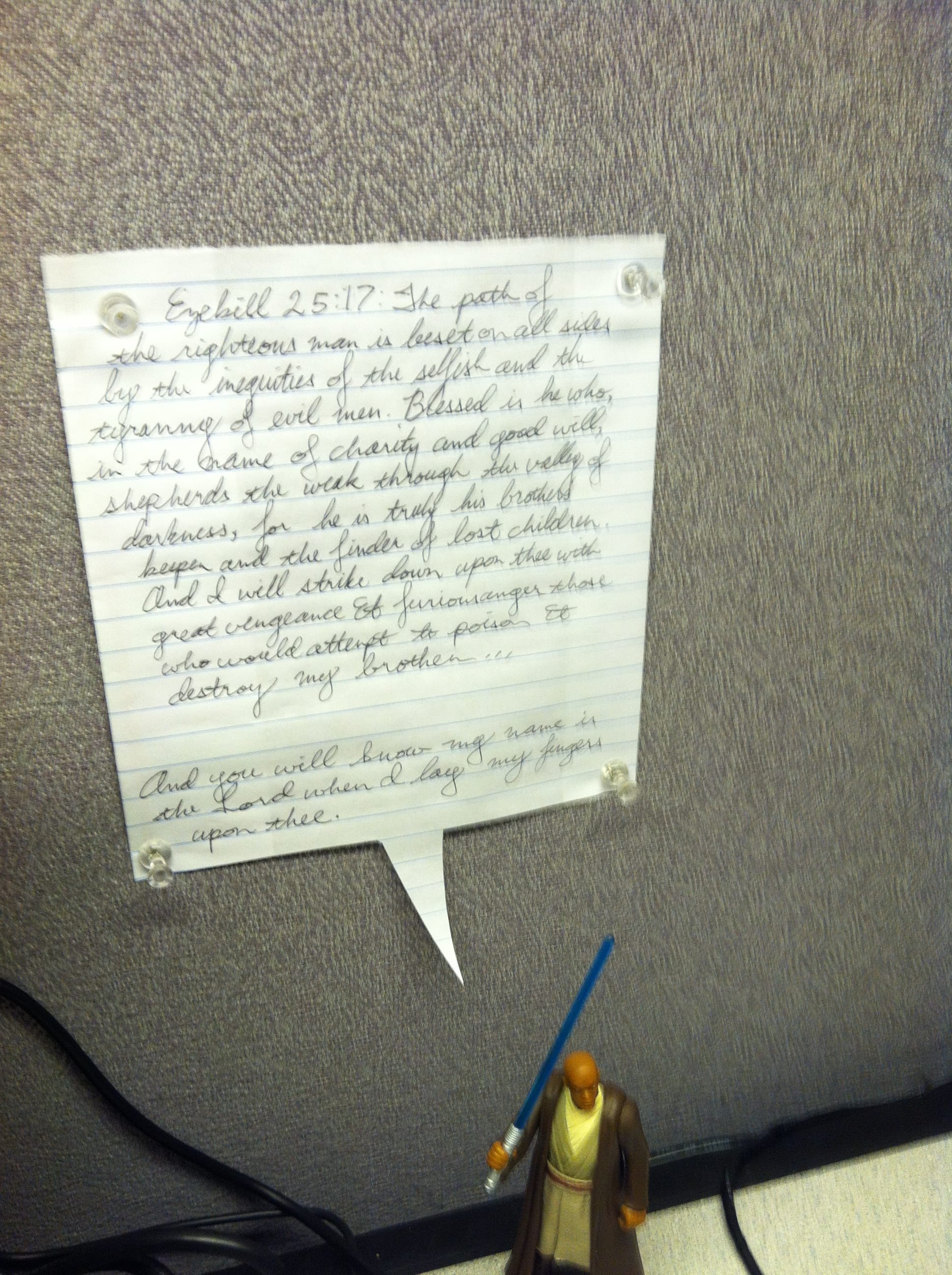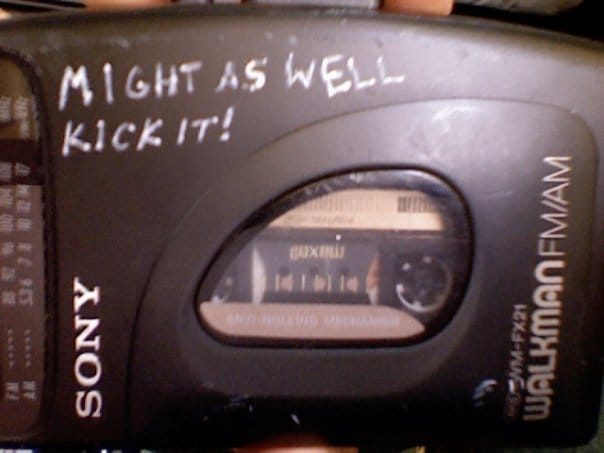Part Zero: Introduction
Long-form writing is a largely dead art, and that's why I take to it with such joy.
While it's somewhat self-indulgent and self-flagellating at once, there's something about the craft that makes you think and reflect in a way that talking on a podcast or a YouTube video won't. It's not really a performance art (can you imagine writing in front of a studio audience?) and it tends to demand some expectation of refinement. It's totally possible to do that with video editing, but I'm not doing that now, so here we are: discussing my career history in some hope of guiding younger talent with to believe they can indeed succeed with the help of a few pithy sayings.
This hope may be misplaced. 2012, when I started my own career, is not 2025. There was no AI to speak of; computing back then relied entirely on the premise that you were making a certain task easier, more recordable, more transmissible, or all three. Nobody knows where the market is heading now, but hopefully you, o reader, have some bright light at the end of their tunnel of toil. I know that for many years, I did not think that I did. But through time, serious effort, and the support of my family and community, I seem to have made it out alive and more tolerant of the bumps and tumbles that accompanied my experience through this learning journey. And best of all, it keeps going!
In job interviews, at meetups, over drinks, and during conferences, people sometimes ask me how I got into my role. And while it's not the weirdest outcome of my experiences, it's definitely atypical. Lots of people get into DevOps from the development path: go to school for a CS degree, enter some software foundry (or, if it's an off-year, basic IT) and learn the ropes from there. I came at it from being an English major at a private Catholic school where I spent most of my time learning about Lord Byron and the Prussian state. Okay, everyone's unique, and I did take a class about using Access to interoperate with Windows databases, but it's what I remember best and it feels pretty unique to me. And perhaps everyone should be writing this: at the very least, it gives me some time to reflect, 14 years on.

Part One: Entering the Workforce
I really don't know what my first job was out of college, but my first long-term high school job was lifeguarding for my local Park District, working summers and winter breaks as a professional yeller-at-kids. My attitude then was that a child screamed at for running on the deck would be that much more hesitant to jump into the deep end without the requisite knowledge, and for 99% of my career there, I was right. Most of the damages I had to repair were skinned knees, and I only had to jump into the water outside of training exercises once when a local unready youth jumped into the diving well. This was an early lesson in the craft: you rarely know when you aren't good to go.
But as my dad loved to remind me, this wasn't a real job. Real jobs had 40-hour work weeks and kept going all winter. And if I wanted to have one for the foreseeable future, I would have to start hitting the bricks and finding real work. It was a tough time to find decent pay. And as the old song goes, what do you do with a BA in English? You teach it to other people. I would have to break that cycle and find something different. But what? And how? The economy was still in a post-2008 malaise, and even graduates with real degrees weren't finding great jobs too readily.

I started by working at least 5 jobs (that I remember) at once: I tutored for an academic intervention program, worked as an intern for a Spina Bifida charity, did a few months nine-to-fiving as an intern at a Motorola walkie-talkie reseller, and picked up lifeguarding shifts when hours were available during the summer. It was around this time that I found some side work as a consultant for a small-time IT consultancy run by a family friend that introduced me to all kinds of then-new ideas (to me) that I learned on the job: the networking stack, virtualized machines, server maintenance, fixing various boxes, and dealing with customer support.
It wasn't easy, or predictable, but I was young and had a used Hyundai Elantra that I probably put 16,000 miles on that year. And after doing that for about 5 months, I managed to find a real position: that October, I found work at a computer reseller as part of a cohort of new hires at some point in the fall. Here's a photo from my cube from back then:

The company was mid-size, and the focus was up-or-out. And to be fair, I wasn't the most scrupulous employee. I was fired about two months into my time there; six months later, everyone I knew from my cohort had been fired as well. They've since been bought by a larger and more competent reseller, but I still get a little shiver of trauma every time I drive by their old building. The time had come to hit the road again. But as it turned out, the time was right.
I landed a position as a customer support representative at a new Chicago startup that will go unnamed here. If you want to fill in the details, you can check out my work history: it's freely available on my LinkedIn. But that will have to be detailed in my next update.
Thank you so much for reading so far, and please stay posted for the next part of my journey!

